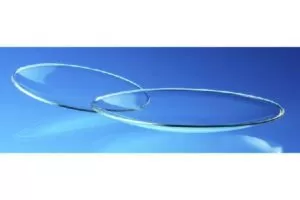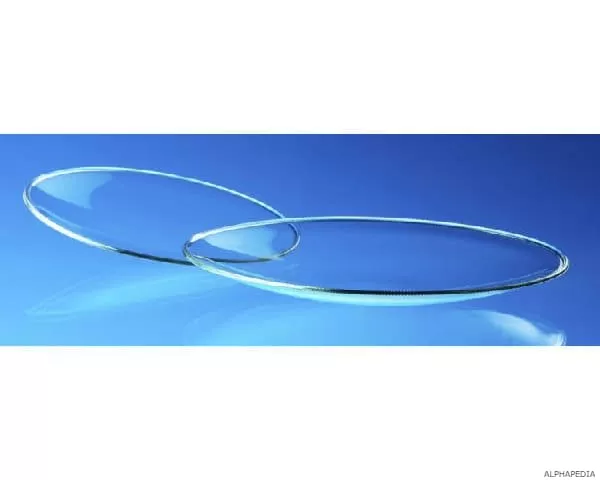What is the Purpose of WATCH GLASS ?
In the chemistry lab, a glass clock is used to weigh solids and contain small amounts of liquids. It is a concave plate and is designed to be lightweight. The watch glasses do not cost much money to purchase. A glass clock can be used to dry small amounts of solids. It is also used to cover containers with liquids. A glass bottle containing gas can be covered with a glass clock. It is also a useful tool for placing small amounts of a substance under the eyepiece of a compound microscope. In addition, watch glasses are also used to evaporate small amounts of a liquid.
A glass clock is a circular piece of glass used in the science laboratory as a surface to evaporate a liquid, to retain solids while weighing, to heat a small amount of substance, and as a cover for a beaker. It is also used to contain samples of material, chemicals or anything else and is used to cover small objects.
Clock glass is a circular piece of concave glass used in chemistry as a surface to evaporate a liquid, to retain solids while weighing, to heat a small amount of substance, and as a cover for a beaker. The latter use is generally applied to prevent dust or other particles from entering the beaker; the watch glass does not completely seal the beaker, so gas exchanges still occur.
When used as an evaporation surface, a glass clock allows closer observation of precipitates or crystallization, and can be placed on a contrasting colored surface to improve overall visibility. Clock glasses are also sometimes used to cover a whisky glass, to concentrate the aromas in the glass and to avoid spillage when the whisky is swirled around.
Watch glasses are so called because they are similar to the glass used for the front of antique pocket watches. In reference to this, large watch glasses are occasionally referred to as clock glasses. They are also used to contain solids during weighing. When used as a beaker cover, a watch glass prevents the entry of contaminants and allows gas exchange. When used to evaporate liquids, the glasses allow laboratory personnel to observe the formation of precipitates or crystals.
Other Laboratory Materials and Instruments in ALPHAPEDIA
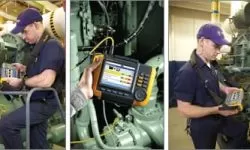
💚 VIBRATION SPECTRUM ANALYSIS
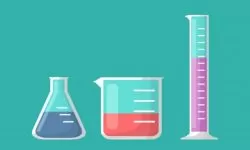
WHAT IS A BEAKER USED FOR ?
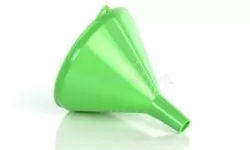
FUNNELS: Use, Description, Applications and Price
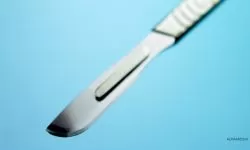
SCALPEL USE
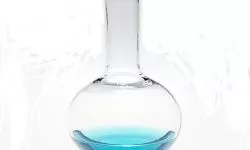
DISTILLATION EQUIPMENT BALL: Definition, Use and Price
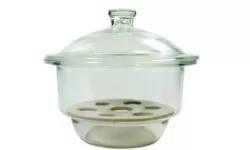
DESICCATOR: Definition, Use, Function and Price
Other Topics of Interest in ALPHAPEDIA

FREE ADMINISTRATIVE ASSISTANT COURSES ONLINE

FREE MASTER OF ARTS IN LANGUAGE

FREE ECONOMETRICS COURSE

FREE BARISTA COURSE

FREE PhD IN ENGINEERING
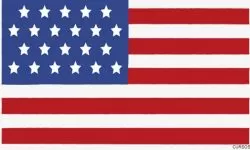
FREE STUDIES IN THE UNITED STATES: Online Courses, Diplomas, Bachelor’s Degrees, Master’s Degrees and Doctorates
Watch Glass Image
